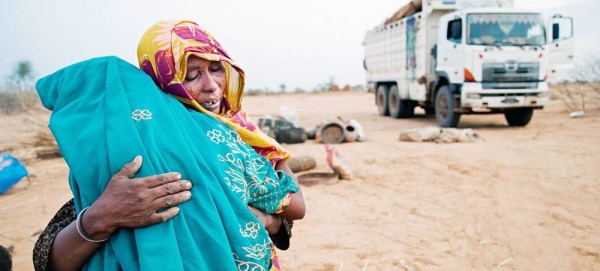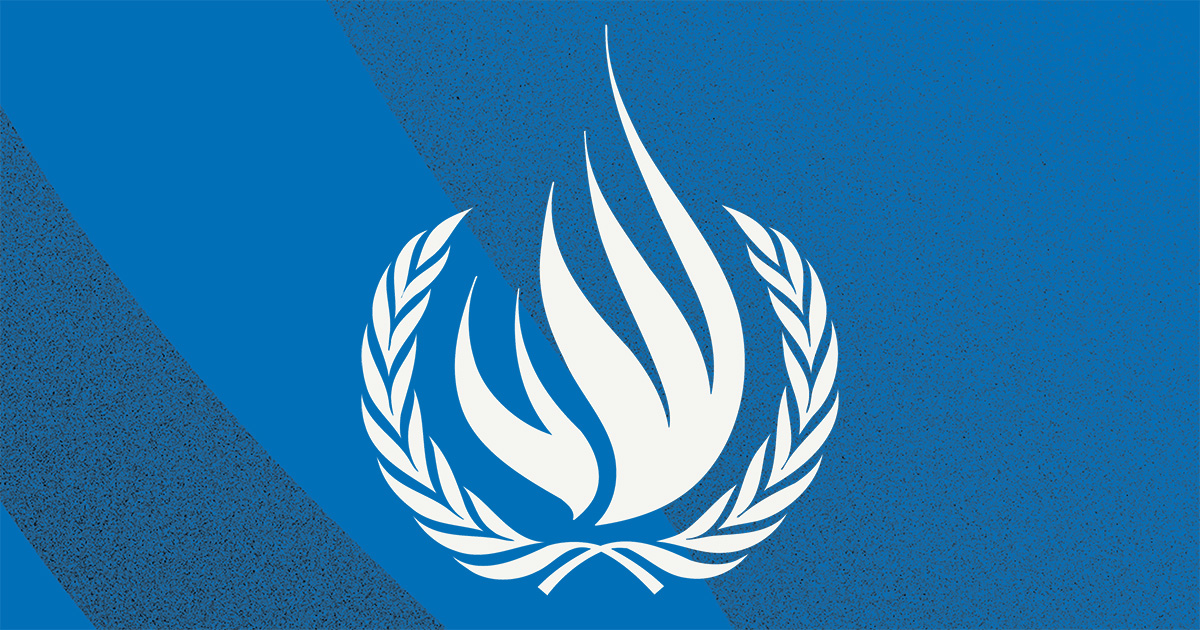
GENEVA (23 June 2022) - The dramatic real-life effects of Internet shutdowns on people’s lives and human rights have been vastly underestimated, the UN Human Rights Office warns in a new report issued today. The report urges States not to impose Internet shutdowns.
“Too often, major communication channels or entire communication networks are slowed down or blocked,” the report says, adding that this has deprived “thousands or even millions of people of their only means of reaching loved ones, continuing their work or participating in political debates or decisions.”
The report aims to shed much-needed light on the phenomenon of Internet shutdowns, looking at when and why they are imposed and examining how they undermine a range of human rights, first and foremost the right to freedom of expression.
Shutdowns can mean a complete block on Internet connectivity but governments also increasingly resort to banning access to major communication platforms and throttling bandwidth and limiting mobile services to 2G transfer speeds, making it hard, for example, to share and watch videos or live picture broadcasts.
The report notes that the #KeepItOn coalition, which monitors shutdowns episodes across the world, documented 931 shutdowns between 2016 and 2021 in 74 countries, with some countries blocking communications repeatedly and over long periods of time.
“Shutdowns are powerful markers of sharply deteriorating human rights situations,” the report highlights. Over the past decade, they have tended to be imposed during heightened political tensions, with at least 225 shutdowns recorded during public demonstrations relating to social, political or economic grievances.
Shutdowns were also reported when governments carried out security operations, severely restricting human rights monitoring and reporting. In the context of armed conflicts and during mass demonstrations, the fact that people could not communicate and promptly report abuses seems to have contributed to further insecurity and violence, including serious human rights violations.
Collecting information about shutdowns is difficult as many governments refuse to acknowledge having ordered any interference in communications and sometimes put pressure on companies to prevent them from sharing information on communication being blocked or slowed down.
“The official justification for the shutdowns was unknown in 228 shutdowns reported by civil society across 55 countries,” the report states.
When authorities do recognize having ordered disruptions, justifications often point to public safety, containing the spread of incitement to discrimination, hostility or violence, or combatting disinformation. Yet, the report describes how shutdowns often achieve the exact opposite, furthering fear and confusion, and stoking risks of division and conflict.
Internet shutdowns also carry major economic costs for all sectors, disrupting for example financial transactions, commerce and industry. Economic shocks provoked by shutdowns are felt over long periods of time, greatly exacerbating pre-existing social and economic inequalities.
“Shutdowns effectively deepen digital divides between and within countries,” the report warns. At a time when substantial development aid is justifiably directed towards enhancing connectivity in less developed countries, some of the beneficiaries of that assistance are themselves deepening the digital divide through shutdowns. At least 27 of the 46 least developed countries have implemented shutdowns between 2016 and 2021, most of which have received support to increase connectivity.
The report urges States to refrain from imposing shutdowns, to maximize Internet access and remove the multiple obstacles standing in the way of communication. The report also urges companies to speedily share information on disruptions and ensure that they take all possible lawful measures to prevent shutdowns they have been asked to implement.
“Internet shutdowns have emerged as the digital world has become ever more important, indeed essential, for the realization of many human rights. Switching off the Internet causes incalculable damage, both in material and human rights terms,” said UN High Commissioner for Human Rights Michelle Bachelet.
“When a state shuts down the internet, both people and economies suffer. The costs to jobs, education, health and political participation virtually always exceed any hoped for benefit.”
“What this report clearly highlights is that swift action is needed to end Internet shutdowns, including through more prominent reporting of their impacts, more transparency by involved companies, and ensuring that we all defend connectivity from self-imposed disruptions,” the High Commissioner added.
ENDS












